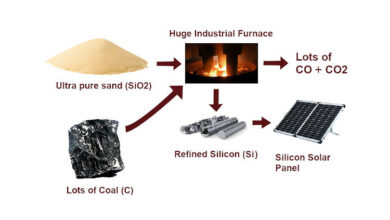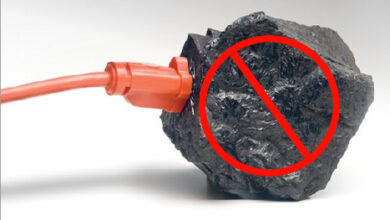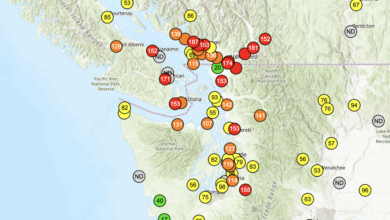New York Climate Change Congestion Charging Scheme Blocked by Federal Environment Law • Watts Up With That?

Essay by Eric Worrall
US Environmental laws are so complicated even green schemes backed by friendly regulators are struggling.
How liberals unintentionally made it harder to fight climate change
By Nathaniel Meyersohn, CNN
Updated 2:03 PM EDT, Sat August 12, 2023New YorkCNN —
A bedrock federal law designed to protect the environment and empower local communities is being weaponized to block progress on climate change, infrastructure and housing.
The battle over New York City’s landmark congestion price plan is the latest example.
After more than 50 years of efforts to implement a toll program that would slash greenhouse emissions from cars and reduce congestion in lower Manhattan, the plan cleared a milestone in May, when the federal government signed off on the release of an environmental assessment.
Then, last month, New Jersey sued to block the plan, citing the National Environmental Policy Act of 1970 (NEPA). The law requires federal agencies to give a detailed assessment of the environmental impact before approving projects that could significantly alter the environmental landscape.
…
Read more: https://edition.cnn.com/2023/08/12/business/environment-laws-climate-housing/index.html
In this case I’m happy the congestion scheme was blocked. Congestion schemes are generally brutal regressive tax attacks on the poor and middle class. I don’t know the specifics of the New York scheme, but I’m guessing its just like all the others.
However this case hilights a broader issue. If green schemes backed by regulators struggle with court cases which will likely take years to resolve, imagine trying to get approval for say a new factory which does anything remotely polluting or dangerous, without strong regulatory support for your project.
In my opinion, this paper regulatory roadblock is likely why other nations control the global market in strategic commodities such as Rare Earth minerals, and is at least part of the reason the US economy is struggling with supply chain issues.
The USA has all the mineral resources needed to do pretty much anything. But the USA only controls 15.8% of the world’s Rare Earth mineral market, mostly sourced from the Mountain Pass Mine in California. Other large deposits exist, such as an astoundingly rich deposit in Montana, which may be about to be developed.
But how long will getting approval for potential Rare Earth mines like that Montana deposit take? My guess, the difficulty of obtaining US regulatory approval for any remotely controversial economic activity, like refining Rare Earth minerals, is a big part of the problem, the reason the USA is late to the Rare Earth party, and who knows how many other key economic activities.




